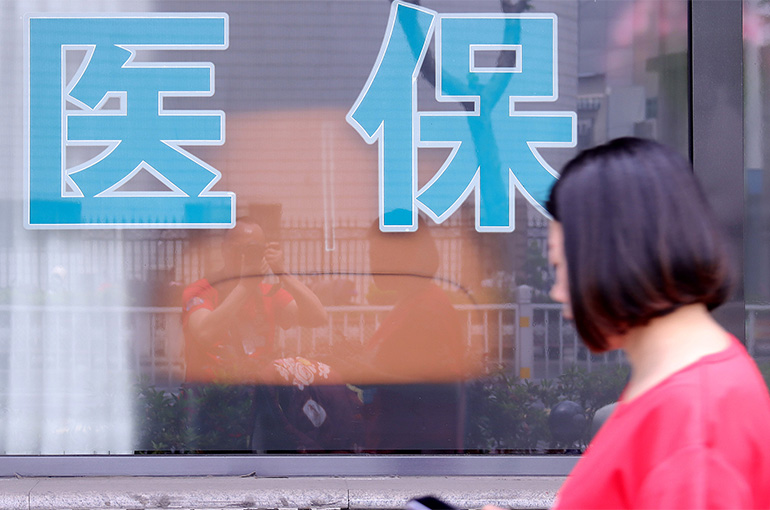 China’s Medical Insurance Talks Feature Record Number of Orphan Drugs
China’s Medical Insurance Talks Feature Record Number of Orphan Drugs(Yicai) Oct. 29 -- This year's negotiations to include drugs in China's national medical insurance system are underway, with a greater focus on innovative medicines and rare diseases as the number of shortlisted orphan drugs hits a record high, according to industry insiders.
At 117, less than half of the 249 drugs that passed review by the National Healthcare Security Administration in September have moved into negotiations that began on Oct. 27. Fifty-three are orphan drugs, with 16 only recently approved for market entry, according to publicly available information.
The negotiations to add drugs to the national health insurance directory, which occur annually, have been increasingly incorporating innovative drugs that address unmet medical needs. This year's highlight a notable increase in the inclusion of orphan drugs, reflecting a growing recognition of the needs of patients with rare conditions.
This year’s standout new drugs have something in common, according to Jin Chunlin, director of the Shanghai Health Development Research Center. “They demonstrate a high degree of innovation and address unmet needs,” he said.
The talks may favor highly innovative and especially exclusive new drugs, Jin said, listing seven promising candidates, including Akeso's immunotherapies Cadonilimab and Ivonescimab, as well as Dizal Pharmaceutical's Sunvozertinib and Golidocitinib. Except for AstraZeneca's breast cancer treatment Fam-trastuzumab deruxtecan-NXKI, which did not pass last year, none of these have been negotiated on previously.
China is increasingly focusing on patients with rare, often expensive-to-treat diseases. "Last year, eight rare disease drugs were added, covering three rare tumors and five non-tumor conditions," said Liu Yugang, a partner at Simon Kucher & Partners.
Notable orphan drugs are more likely to be included this year. For instance, Humanwell Pharmaceutical's Clobazam, which treats a severe form of epilepsy called Lennox-Gastaut syndrome, is a strong candidate. Another is Takeda Pharmaceuticals' Teduglutide, an injectable for short bowel syndrome -- a condition that complicates nutrient and fluid absorption -- with treatment costs surpassing CNY1 million (USD140,000) a year.
But successful inclusion in the directory typically requires a drug to reach a certain scale. Rare disease treatments for more than 3,000 patients could be included if prices fall below CNY300,000 (USD42,000), while drugs serving fewer patients have less chance, according to the insiders.
Editor: Emmi Laine